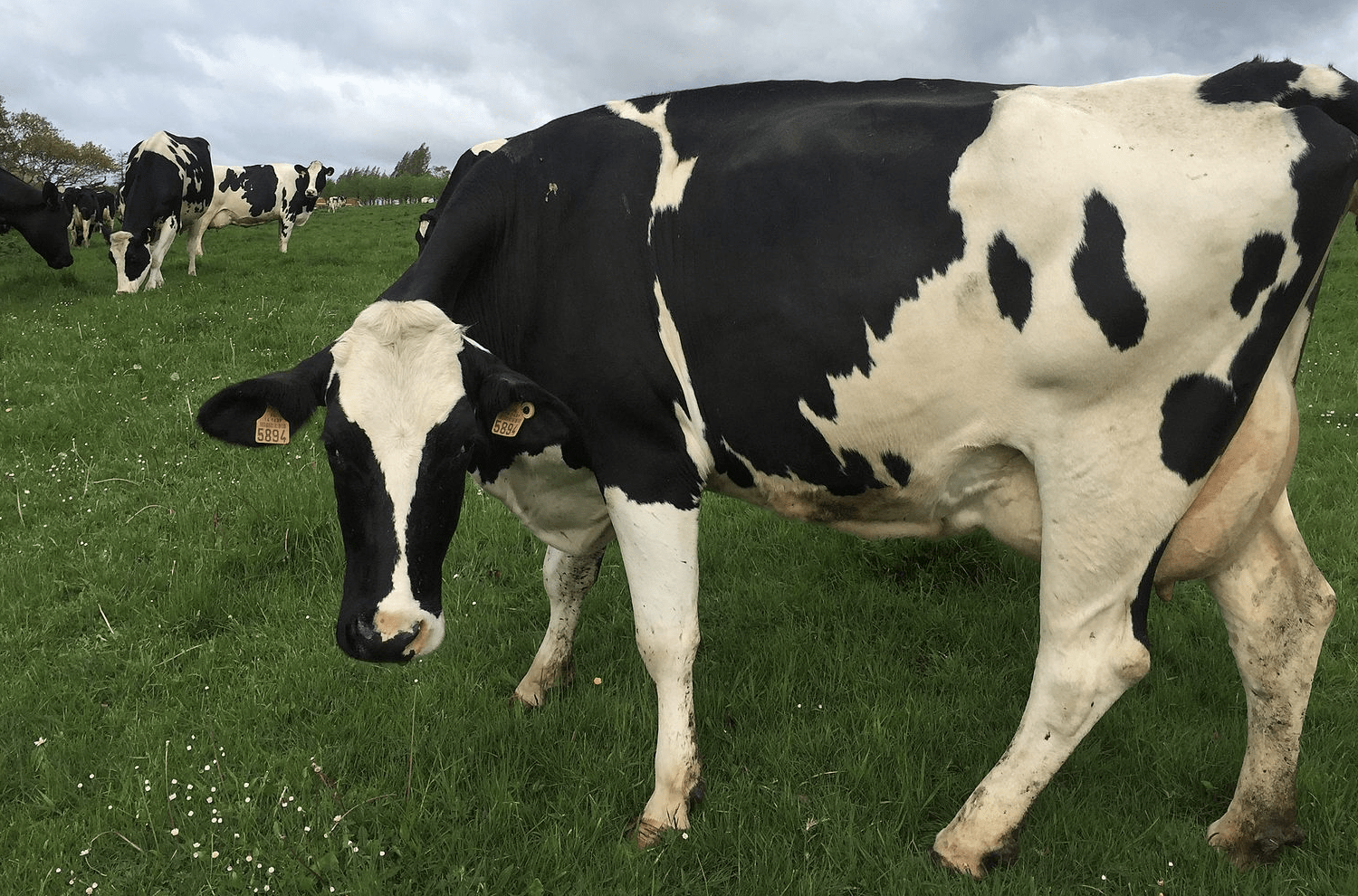NEWS EXPLAINER – Researchers are closely monitoring the spread of a worrisome strain of avian influenza to cattle — and one person — at farms in six US states.
These infections represent the first widespread outbreak of bird flu in cows. The outbreak is concerning because humans frequently come into contact with cattle on farms, giving the virus ample opportunity to spread to people, says Daniel Goldhill, an evolutionary virologist at the Royal Veterinary College in Hatfield, UK.
Health officials have said that the overall threat to people remains low, for now, but they are watching the situation unfold closely.
“There’s always a worry that viruses will surprise us,” Goldhill says. “We don’t know what they’ll do next.”
First detected in birds in China
Scientists are scrambling to assess how well candidate vaccines and antiviral drugs will work against the circulating strain and to update diagnostic kits for identifying infections in people quickly.
They are also trying to understand whether the cows were infected by birds or another source, and are on alert for any changes in the situation that could raise the risk for people.
“There are a lot of questions and, so far, not a lot of answers,” says Florian Krammer, a virologist at Icahn School of Medicine at Mount Sinai in New York City.
In 1996, the influenza strain called H5N1 was first detected in birds in China. It has been spreading ferociously in birds since 2021, killing hundreds of millions of domestic and wild birds around the world.
It has also occasionally infected mammals, including seals and bears, which have become “accidental hosts” of what is mostly an avian virus, says Kanta Subbarao, director of the World Health Organization (WHO) Collaborating Centre for Reference and Research on Influenza in Melbourne, Australia.
In the past two weeks, health officials have detected H5N1 in cows from 16 herds across six states — a number that is likely to increase as US surveillance is stepped up …



